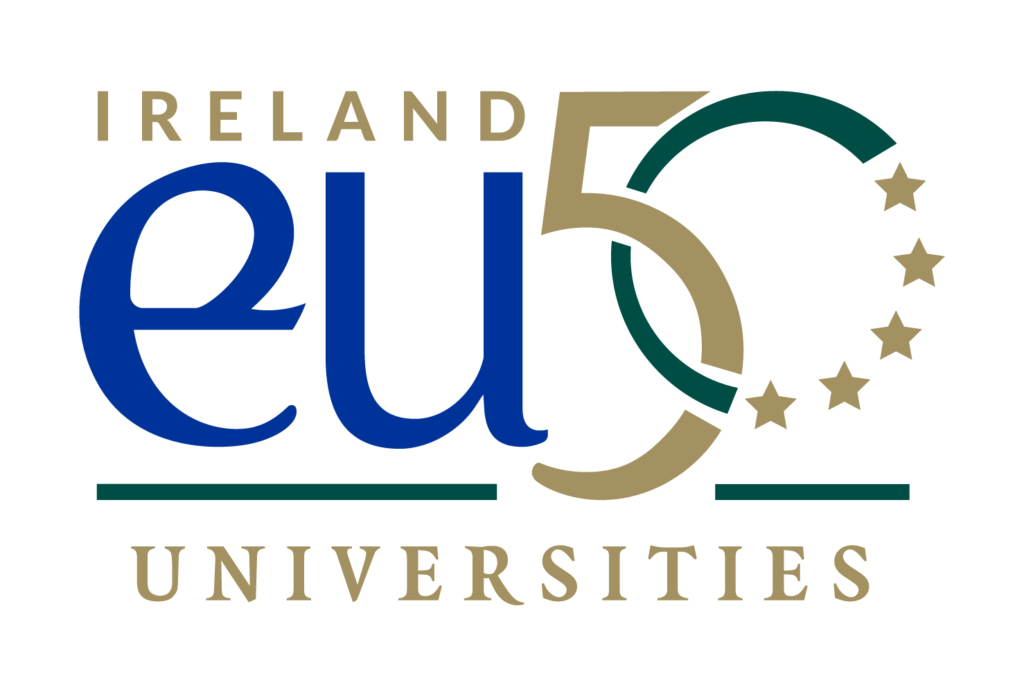
Tweet #UniversitiesEU50
50 years ago, on the 22nd January 1972, Ireland signed the Treaty of Accession to join the European Communities which was a pivotal moment in the country’s history.
Over five decades Irish Universities have played an increasingly important role in Europe and have derived considerable benefits from enhanced European relationships with academic, social and enterprise communities.
Our relationship with Europe
The education landscape across Europe is ever changing. Given their central role in the creation of knowledge Europe is a source of opportunity, but also of major challenges for our universities.
Universities are facing an imperative need to adapt and adjust to a whole series of profound changes:
- Increased demand for higher education
- The internationalisation of education and research
- The need for closer cooperation between universities and industry
- The diversification of knowledge
Applications from EU students who want to study in Irish universities have more than trebled since the Brexit referendum in 2016. CAO figures show ongoing growth in the applications from other EU countries, with the biggest increase being 1,934 in 2017 to 6,383 this year.
Our relationship to Europe is vital and fruitful with benefits flowing in two directions with our university members having both shaped EU policy and programmes as well as benefiting from same. Some of the many examples of these are listed below.
To find out more about national initiatives please visit the EU50 section of Ireland.ie
European Universities Alliances are transnational partnerships that will lead the way towards the universities of the future, promoting European values and identity, and revolutionising the quality and competitiveness of European higher education. (European Commission)
Irish participation in European Universities Alliances is extremely high. In July this year we welcomed the announcement of the results of the 2022 call for the European Universities Initiative (EUI).
There are ten Irish institutions total taking part in EUI alliances, 6 of which are IUA members, each with a range of long-term strategic university partners across a range of other European countries. Each alliance will receive up to €14.4 million fund from Erasmus+, over a four-year period.
| Institution | Alliance |
| DCU | ECIU |
| NUIG | ENLIGHT |
| TCD | Charm-EU |
| TU Dublin | EUt+ |
| UCC | UNIC |
| UCD | Una Europa |
| IADT | FilmEU |
| SETU | EU-Conexus/ EU GREEN |
| TU Shannon | RUN-EU |
| MTU | INGENIUM |
This funding will strengthen the role of Irish partners in these alliances but also support student exchanges, researchers, and engagement. EUt+ will directly beneficiate from this funding through the impact of its Irish partner.
Jean Monnet Centres of Excellence are focal points of competence and knowledge on European Union subjects. They gather the expertise and competences of high-level experts aiming to develop synergies between the various disciplines and resources in European studies.
In our universities we have:
JM Academic Modules – 6
(Jean Monnet Modules are required to bring innovative, interesting and specific EU content to their learners; they should also disseminate and exploit the results of the organised teaching and research activities beyond the scope of the stakeholders directly involved.)
- JM Centres of Excellence – 3
- JM Chairs – 10
(A Jean Monnet Chair must last for three years, and must have a minimum duration of 90 teaching hours per academic year in the field of European Union Studies at the applicant Higher Education Institution by the Chairholder. A Chair must also carry out at least one additional activity per academic year.)
- JM Networks – 2
- JM Projects – 2
The Erasmus Programme, known officially as ‘Erasmus+’, began its current incarnation in 2014. Erasmus+ continues a range of European Union (EU) funding streams that have existed since 2007, such as the Socrates Programme and the Lifelong Learning Programme.
The Erasmus+ scheme provides funding for education, training, and sport, with a particular focus on youth work, but it also provides funding for activities aimed at all ages. The EU sees these programmes as a means of addressing socio-economic issues that Europe may face like unemployment and social cohesion.
A total of 24,805 students registered with an Irish HEI have undertaken an Erasmus+ study visit or traineeship in the period 2014-2020 as part of Key Action 103 (mobility within Europe). In contrast, 53,172 students have travelled to Ireland in the same period
Erasmus+ Mobility Post Brexit
In 2020, the United Kingdom withdrew from the Erasmus+ programme but it will continue to send and receive students and staff until 2022/2023 under agreements signed before the end of 2020. This measure was introduced by the European Commission as a response to the challenges caused by the COVID-19 pandemic. HEIs in NI have taken up this option and a number will continue to send and receive students until 2023.
As the Erasmus+ National Agency for Ireland the HEA facilitated the extension of agreements to 36 months which means that nearly all our HEIs will be able to send and receive students and staff to the UK until May 2023.
These options were open to all Erasmus+ Programme Countries (EU28 + 6 Associated Countries) and do not relate to the withdrawal of the UK from the EU.
Mobilities between Ireland and the UK are significant and for several HEIs, the traineeship option, particularly when located in London, is very attractive. In 2019, a total of 355 students and staff undertook mobilities to the UK. This represents roughly 9% of total outbound student numbers for that year.
We also, currently, have involvement in 10 Erasmus Mundus Joint masters degrees (EMJDs) with 8 of these involving IUA universities:
Ireland Drawdown EU Framework Programmes
Ireland’s has achieved much success in EU research funding programmes in terms of the amount of funding Ireland has secured from the EU over the last 40 odd years. The table below shows improved performance with an increase in funding drawdown over time particularly from FP4 onwards. This is clearly a positive outcome from a research perspective from Ireland’s engagement with the EU and is set to continue with ambitious targets for drawdown from Horizon Europe.
| EU R&I Framework Programme | Ireland’s Funding Drawdown (€) | Ireland’s Horizon Europe Target |
| FP1
(’84 – ’87) |
€0
|
|
| FP2
(’87 – ’91) |
€0
|
|
| FP3
(’90 – ’94) |
€0 | |
| FP4
(’94 – ’98) |
€78,130,364
|
|
| FP5
(’98 – ’02) |
€150,761,604
|
|
| FP6
(’02 – ’06) |
€196,157,134
|
|
| FP7
(’07 – ’13) |
€627,927,642
|
|
| H2020 | €1,204,798,910
|
|
| HORIZON EUROPE
(’21 – ’27) |
€168,599,236 | €1,500,000,000 |
The Marie Skłodowska-Curie Actions (MSCA) are a significant part of Ireland’s success in EU funding calls.
MSCA are a European Commission Funding Programme which supports researchers at all stages of their careers, across all research disciplines and in all employment sectors.
Ireland’s drawdown in MSCA under H2020 (2014 – 2022) was €196.3 million and the IE drawdown so far under Horizon Europe is €33.7 million. The eight IUA members account for 71% of Ireland’s MSCA drawdown under H2020 (€139.7 million).
The MSCA are co-ordinated by The Irish Marie Skłodowska-Curie Office, jointly operated by the Irish Universities Association and the Irish Research Council. The office provides advice and support on preparing applications for Marie Skłodowska-Curie funding and the management of Marie Skłodowska-Curie awards.
EVENTS AND ACTIVITIES to mark EU50 (events will be added throughout the academic year 2022/23)
Maynooth University ‘Ireland and the European Union at 50’ conference , 11th May 2023
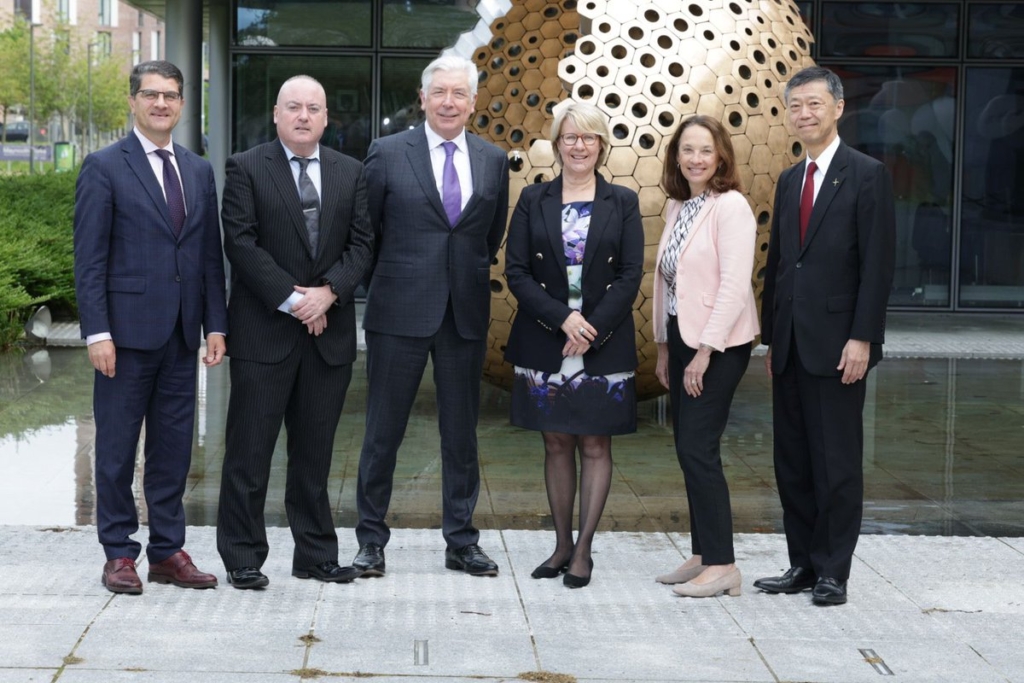
Maynooth University, 11th May 2023
Maynooth University is hosting a watershed two-day event marking the fiftieth anniversary of the EU, bringing together politicians, academics, diplomats, policy makers and members of civil society to evaluate the highs and lows of Ireland’s membership.
Ireland EU50, Erasmus + and lifelong learning in Museums, 30th March 2-4.30pm

Come and celebrate 50 years of Ireland’s EU membership with free talks in a magnificent historic house. 30th March 2-4.30pm at Strokestown Park House.
Engaging speakers including Michael Doorly (Concern Worldwide), Jemma Lee (Léargas), Gerry O’Sullivan (former Director of the Erasmus+ National Agency at the Higher Education Authority), and Caroline Nash (Karatas Consultants) will explore the European Union’s role in promoting aid, education, and heritage in Ireland and at the National Famine Museum.
Maynooth University Conference Feb 2023 - 'Ireland and the EU at 50: from the margins to the centre of the European Integration process'.
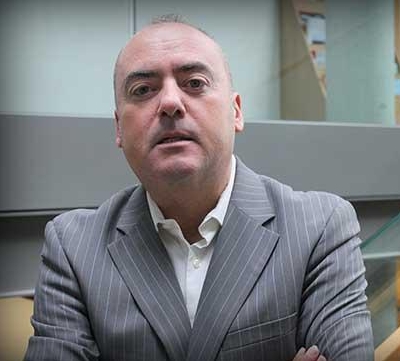
Maynooth University. February 2023
Conference on ‘Ireland and the EU at 50: from the margins to the centre of the European Integration process’.
Contact Prof John O’Brennan, Dept of Sociology and Centre for European and Eurasian Studies, Maynooth University for more information
University of Galway Lecture Nov 14th 6pm - 'Promoting and safeguarding EU values at a time of increasing autocratization'.
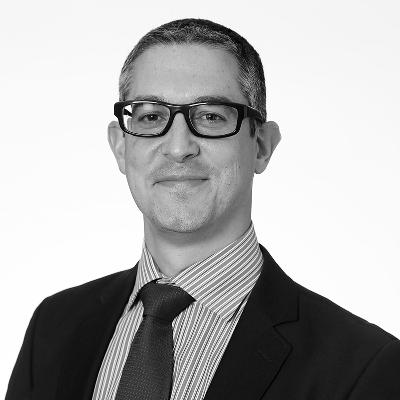
On Monday 14th November, Aula Maxima, University of Galway at 6pm.
Professor Laurent Pech, Dean of Law and Head of the UCD Sutherland School of Law, has been invited to deliver a lecture , entitled ‘Promoting and safeguarding EU values at a time of increasing autocratization’.
Contact ed.carty@universityofgalway.ie for more info.
UCD Conference 10th Nov - "INTO EUROPE – REFLECTIONS ON 50 YEARS OF EU MEMBERSHIP"
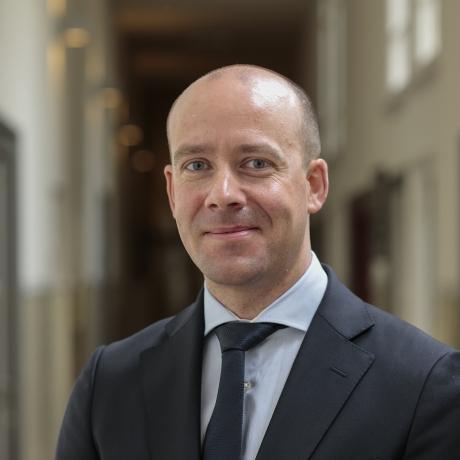
University College Dublin Thursday, 10 November 2022, 15.30-18.30
Location: The FitzGerald Debating Chamber, UCD Student Centre (Belfield)
UCD Conference 10th Nov – “INTO EUROPE – REFLECTIONS ON 50 YEARS OF EU MEMBERSHIP”
Full programme here: UCD Ireland in Europe 50 years of EU membership
IUA Celebrates Irish Universities role over 50 years of EU membership - Iveagh House 6th September 2022
Minister Simon Harris
Minister for Further & Higher Education, Research, Innovation and Science
Panel Discussion
With University Presidents Daire Keogh, Eeva Leinonen & Kerstin Mey
Minister Thomas Byrne
Minister for European Affairs
Prof Michael Murphy
European University Association